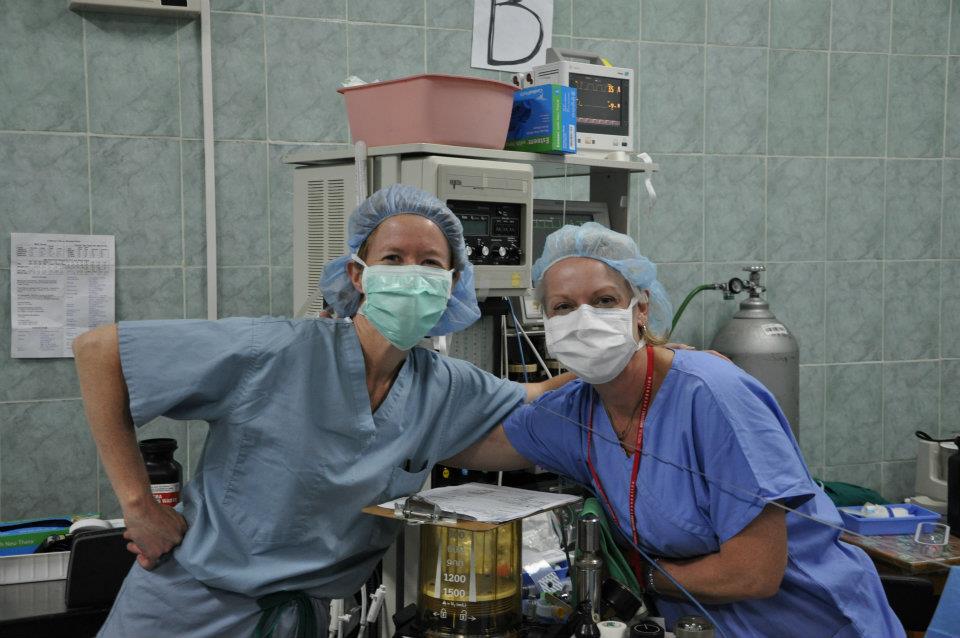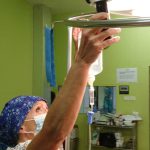What We Say About You After You Fall Asleep …
Every year millions of people, for one reason or another, find themselves in an operating room. For most people, it’s a frightening, singularly important and memorable event. (I know this because anytime I tell people I am a nurse anesthetist they share their stories of “when they put me to sleep for my _____ operation.)
Do We Notice your Tattoos,
Your fluffy thighs or your masterful biceps? Did we pick up on the fact that your loved one didn’t kiss you goodbye when you left preop holding?
Yes, we notice it all. Do we care? Absolutely.
We care if you’re suffering physical or psychological pain. We’re right there with you when you send your kid back to get their appendix out or you are facing a colon resection for cancer, mastectomy for breast cancer, or any of the other hundreds of awful things people end up in the operating room for. Many of us have either been patients or had family members face the very same things. It is awful. We know. And as a group, we are an empathetic bunch.
Do We Trash-talk
you once you’re asleep? Not really. One, we know it’s wrong. Two, it makes people uncomfortable if a group member is deriding a defenseless person and three, we simply have other, more interesting things to talk about.
Like … maybe we talk about Game of Thrones, sports, (it was so fun last year when the Royals did their thing!) the Presidential Race, Brexit, religion, travel plans, last weekend’s party …
But rest assured, we only start the casual chatting after we know your operation is going along as it should. Which is most of the time. Really. It can be a little boring in the OR. All of it is more interesting than your another naked body. None of us actually want to see another naked body. And to that end, we cover you up just as instinctively as you would cover yourself.
You young and healthy people coming in for a knee scope, carpel tunnel or colonoscopy? Count your blessings. Easy-Peasy. We are not talking about your case. And about your colonoscopy: We don’t care about your butt, we will never remember it, we don’t talk about it, it’s like you don’t even have a butt.
However, when things are not going smoothly, communication reduces to only what’s necessary to do right by you. If the case is even potentially headed to not going smoothly and someone speaks out of turn, they are quickly, shall we say, enlightened and redirected to what’s important.
The Bottom Line …
(no pun intended) is this: When you are wheeled into the operating room, you are going to be surrounded by people who by their very nature get pleasure from helping others. They will tend to you, monitor you, care for you. They will keep you safe.
Trust, me. I’m a nurse anesthetist.

Photo credit for the “Anaesthesia” basket: Scott Cook, Kansas City Photographer.
For another good look at who’s doing what during your peri-operative period read this.






Josie,
Well written my friend, you always do an amazing job with your patients!
Thank you on both accounts, and so do you. Truth.
Josie
This is therapy and retrospection, an education and enlightenment, a look at something you cannot see while you are completely immersed. The OR and every related area is a kaleidoscope of emotions that have been a part of our professional and personal lives (hard to separate them in this business). When you love something as much as our jobs, it’s hard to say you don’t miss it.
Good stuff this blog.
TF
Tim! Thank you so much. Well said. I am glad you like it. There is an unexpected pleasure at being in the fall/winter of my career … the looking back is good.
J